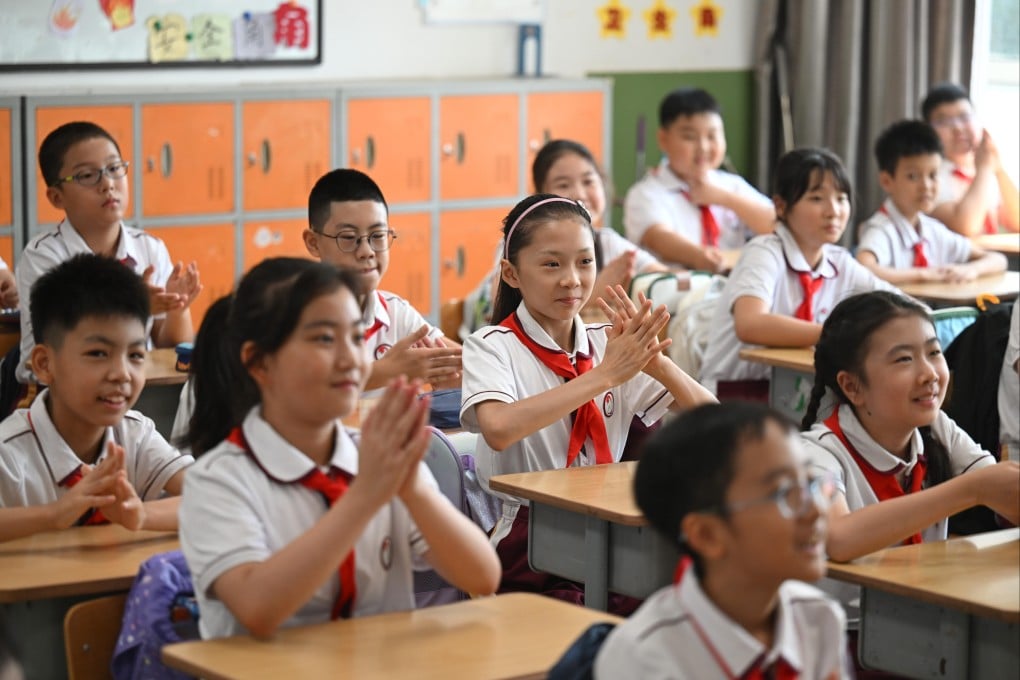Advertisement
Opinion | How China’s classroom culture of complaint has turned toxic – and not just for teachers
Educators are wary of what they say to students, fearful that it could cost them their job
Reading Time:3 minutes
Why you can trust SCMP
1

For anybody unfamiliar with China, it might have sounded like an odd thing to say.
Advertisement
In the lead-up to September 10, the day recognised by the central government as Teachers’ Day, President Xi Jinping underlined the rights of teachers and the need protect their high social status.
As it suggested ways to implement Xi’s directions, the Ministry of Education said: “[We should] unswervingly deal with any action that fabricates rumours and smears teachers, to make sure teachers enjoy a high social reputation.”
To the unknowing observer, the comment could have come across as suggesting there are challenges to the dignity of teachers and their rights to punish students.
However, the remarks are more likely to be a veiled reference to the tide of tip-offs and complaints by parents and students against teachers, which according to mainland media, has dampened the morale of those professionals in the classroom and deterred others from taking up the job.
This culture of complaint is known as jubao, and is a constant threat to teachers in the classroom.

Advertisement
